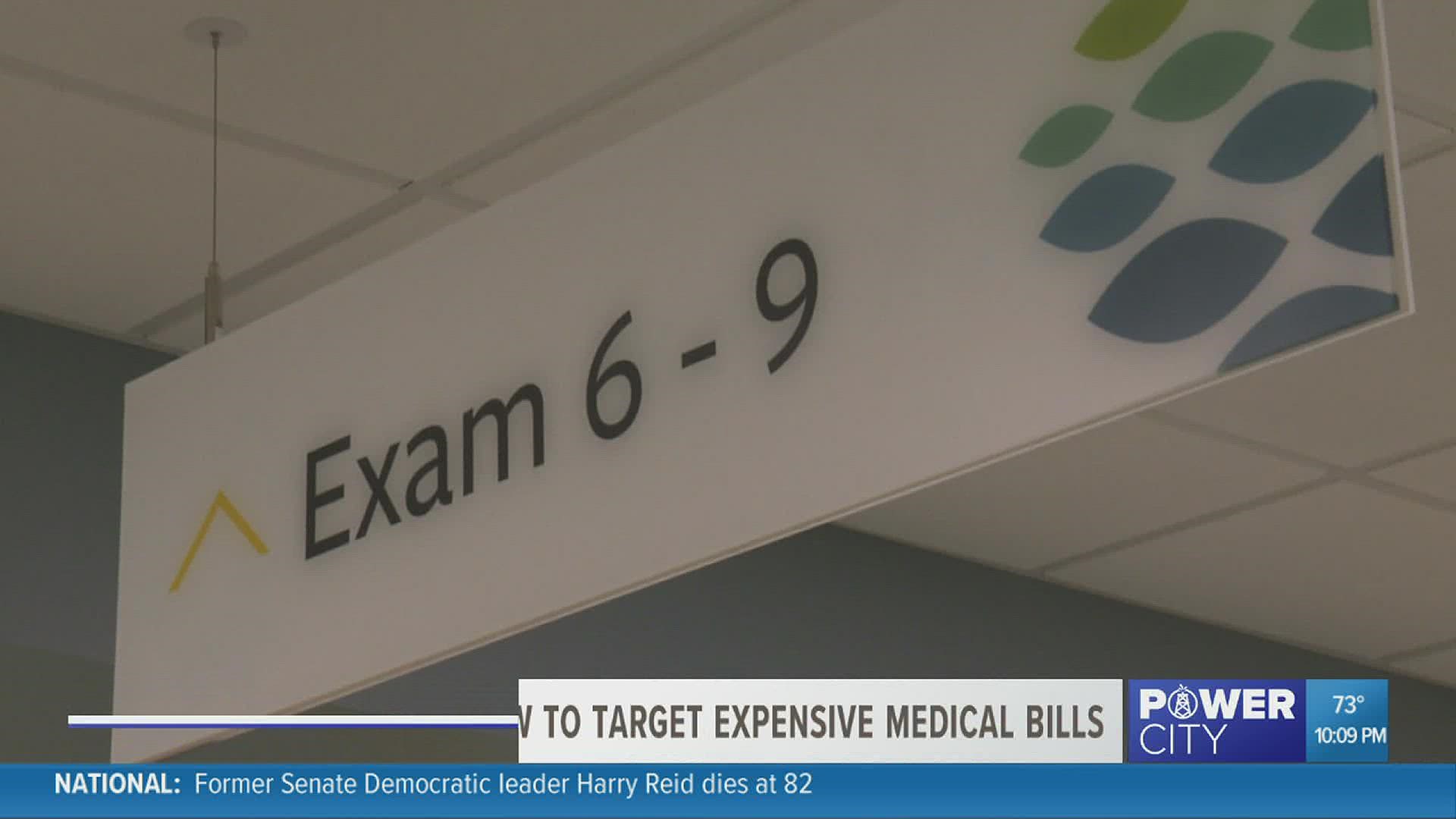BEAUMONT, Texas — New year, no more surprises. Expensive medical bills may soon be a thing of the past.
Starting January 1, the “No Surprises Act” will establish new federal protections that proponents say will save Americans millions.
Only a fraction of insured Texans already had protection against surprise costs.
The new law will expand those protections to include more insurance plans, which will cover millions more people.
"Nobody likes a surprise bill," said board-certified patient advocate Bruce McVeigh.
Currently, 1 in 6 patients who seek emergency care or have surgery receive a surprise bill. These bills arise when insured consumers unknowingly receive care from out-of-network hospitals, doctors, or other providers they did not choose.
Now, these services will be charged as in-network.
"The biggest changes are emergency department visits actually,” said founder and CEO of a Better Way Advocacy Chris Van Haren. “It requires that whether you visit an emergency department that's in-network or out of network, that you only be charged the amount that you would expect to pay from an in-network emergency department. That includes the actual facility, and any doctors, any lab work, any diagnostic imaging you have."
McVeigh said the new law takes the patient out of the equation in a good way.
"We'll sort that out with their insurance company later, and that's really the plus of this bill," McVeigh said. "It takes that stigma off the table. It takes that confusion off the table, and now every constituent and patient out there should not have to worry."
People who've experienced these surprise bills said the new change will be a blessing.
"Well, for elderly people, especially people who are on disability," Beaumont resident said Linda Parker. "When you go to the emergency room you want to know upfront what you have because your funds are limited."
Advocates say the new law will save patients millions, but will these savings change the industry?
"It's ultimately going to trickle down to our premiums, our co-pays or coinsurance, things like that. So, it's a step forward temporarily. I still think we have a lot of work to do," Van Haren said.
Van Haren encourages people to become very familiar with their insurance coverage and what those services include.
And if you don't completely understand it, reach out to a health advocate.
MORE | The AdvoConnection

